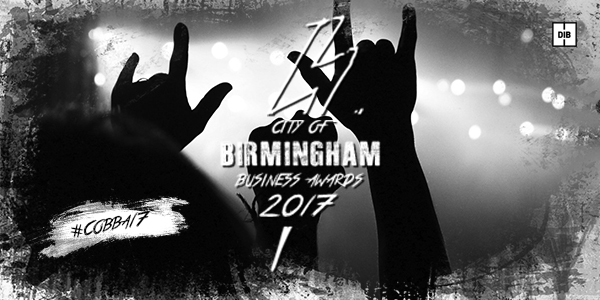Picture this common scenario:
You’re in an interview and it’s going well. The rapport is good and you’re feeling confident in all the questions asked of you so far.
Then the hiring manager asks: “How much money do you currently make?” or “How much salary do you expect?”
How do you answer?
Let’s say the employer’s budget is (secretly) £30,000 p.a. If you answer too high, say £35,000, you could instantly turn off your interviewer. If you answer too low, say £27,000, then what’s to stop the interviewer offering you the £27k?
For job seekers, the salary question is a bit of a poker game. The goal being to get the hiring manager to lay down their poker cards on the table first. That’s because, once you share a specific salary number, you might just have priced yourself too high (or too low) for the position.
Here are tips to prepare for the salary question/discussion during job interviews:
Research salary information
Before you even speak to a hiring manager, spend some time conducting research to find out average salaries and salary ranges for similar jobs in your area, industry and geography.
Websites you can visit include: Monster, Glassdoor, Payscale and Reed. The more information you have, the more you can be armed with the right knowledge to negotiate.
Try and deflect early on
The earlier you tell a hiring manager your salary expectations, the less negotiating power you have towards the end of the process. Your aim should be to understand if you’re the right fit for the job before the hiring manager offers you a position.
If you do get asked early in the interview, or before the interview even starts, let him / her know that you’d ideally like a better understanding of the job requirements and how well you think you can meet those needs before discussing the salary.
Decide how much you’d like to make
This doesn't mean sharing an exact number, because it can place you above or below the budgeted salary for the position. Instead, provide a range you’d like to make. “Because I’m changing industries, I’m not expecting to exactly match my previous salary, but, I’d like my pay to be in the range of…”
Providing a salary range
This can be handled in a few different ways. You could provide the salary range you’ve researched, as in, “Based on salary research, similar positions in this geography and industry are currently paying between £X and £Y. Is this also the range for which you’ve budgeted for this position?” Or, you could share the salary range you desire, such as, “Based on what we’ve discussed, along with my knowledge, skills and experience, I would expect the salary range of the position to be between £X and £Y.”
Honesty isn’t always the best policy
When it comes to discussing salary during job interviews, avoid sharing with the hiring manager what you currently make. Focus instead on getting them to share the salary range they’re willing to pay. This isn’t always easy and you’ll need to be professional and respectful in your approach; however, it will help you walk away much closer to your desired salary.
For more advice, take a look at our blog or the candidate support pages on our website.






